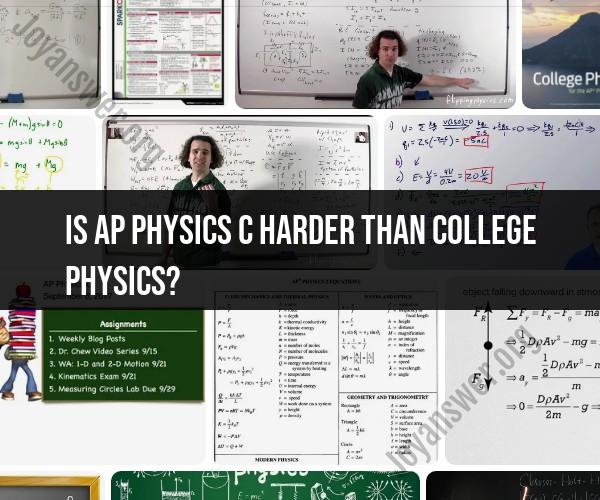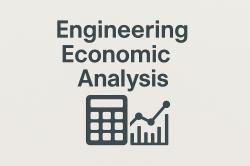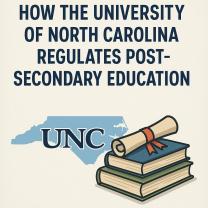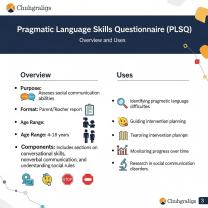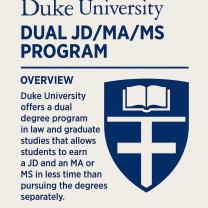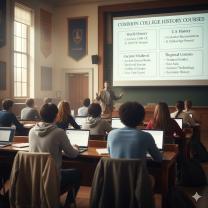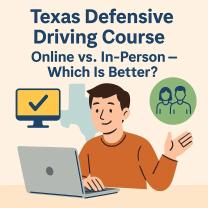Is AP Physics C harder than college physics?
Comparing the difficulty of AP Physics C and college-level physics courses can be challenging because it depends on various factors, including the college, the specific physics course, the instructor, and your personal background and aptitude for the subject. However, there are some general considerations to keep in mind when comparing the two:
Content Depth:
- AP Physics C is a high school-level course that covers mechanics and electricity/magnetism in depth. College physics courses can vary widely in terms of content and depth. Some introductory college physics courses may cover similar content to AP Physics C but in greater depth. More advanced college physics courses will delve into more complex topics and may be more challenging.
Pace and Rigor:
- College courses, especially at the upper undergraduate or graduate levels, tend to move at a faster pace and may have higher expectations for independent study and problem-solving. AP courses, including AP Physics C, are designed to be rigorous for high school students but may not match the pace of a college course.
Mathematics Requirements:
- AP Physics C relies on calculus for problem-solving, making it a mathematically intensive course. College physics courses can also vary in their mathematical requirements, but advanced college physics courses often demand a strong mathematical foundation and may involve more advanced math concepts.
Lab Work:
- Both AP Physics C and college physics courses typically include laboratory work. The complexity and depth of experiments can vary, but in college, you may have access to more advanced lab equipment and experiments.
Teaching and Resources:
- The quality of teaching and available resources can vary widely in both high school and college. A skilled and experienced instructor can make a significant difference in your learning experience.
Student Background:
- College physics courses often have a diverse group of students with varying levels of preparation and prior exposure to physics. This can influence the perceived difficulty of the course.
In summary, whether AP Physics C is harder than college physics depends on the specific college course you're comparing it to. Some introductory college physics courses may be similar in content but more rigorous, while more advanced college physics courses are likely to be more challenging than AP Physics C. Additionally, college courses often require greater independence and self-motivation, which can impact the perceived difficulty.
Ultimately, the best way to assess the difficulty of a particular college physics course is to review the course syllabus, consult with current or former students, and speak with the instructor or academic advisor to understand the course's expectations and level of challenge.
